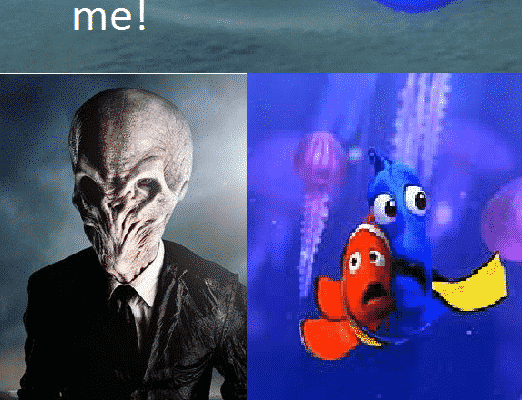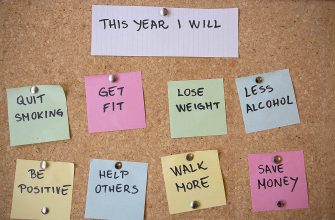Last week, I had the good fortune of attending a company’s midyear recognition ceremony. It was your typical workplace event until the CEO took the stage to deliver the awards. What could have been a dry narration was instead an exercise in leadership.
This CEO presented ten awards to ten individuals and had personal stories about each. At first I though he had a script, but then an audience member interjected a humorous heckle. The CEO used that interruption to dive into the long history of that particular winner’s project, mention each member of her team (including those no longer with the company), and address how her accomplishments have impacted each department.
When I asked the CEO about it the next day, he was surprised that I was so surprised. He stated, in his overly humble opinion, “I guess I have a good memory. What am I going to do, walk around like Dory?”
“Dory?” I asked.
“You know, the amnesiac blue tang fish from Finding Nemo.”
Albeit an unexpected reference, he had a point. A leader’s effectiveness is dramatically enhanced with a good memory. Those with better memories are seen as more intelligent, knowledgeable, and competent. This enriches the leader’s ability to problem solve as they can more readily learn new information, recall it when needed, and apply it in creative ways.
Feel like you could use a memory boost? Here are three learning strategies that are proven to work:
Forget about your learning style
A popular and often repeated idea is that we remember information best when it’s taught through our preferred learning style—visual, auditory, verbal, physical. The facts, however, show this is misguided. Research from the Journal of Educational Psychology found that we do not perform better when taught via our selected modality. And Psychological Science in the Public Interest concluded, “there is no adequate evidence base to justify incorporating learning-styles assessments into general educational practice.”
Learning includes a mix of the different learning styles. Its effectiveness is more dependent on the topic and environment than on an individual’s stated preference. So don’t rely on one technique. Mix it up.
Embrace your inner artist
Want a nifty way to improve your memory? A paper published in the Journal of Experimental Psychology suggests that drawing may be the key. Researchers flashed a random series of simple words (balloon, fork, kite, etc) to participants who were instructed to draw the object, write down its name, or list its descriptive characteristics. They then had to recall as many words as they could. Consistently, drawing the object outperformed every other option, often resulting in remembering more than twice as many words.
Drawing requires a deeper LoP, or level of processing, that encourages “a seamless integration of semantic, visual and motor aspects of a memory trace.” So if you want better recall, get your marker set and start doodling.
Rely on connections
To remember something new, it helps if you can connect it with something you already understand. According to the book Make It Stick: The Science Of Successful Learning,
The more you can explain about the way your new learning relates to prior knowledge, the stronger your grasp of the new learning will be, and the more connections you create that will help you remember it later.
The idea is that you are elaborating, not learning from scratch. To utilize this technique, apply real-life examples to the new concepts and, as you learn, continue to build on the story.
Don’t be a Dory. Her short-term recall may be funny, but she’s a fish. Your memory is a valuable leadership tool. Whether it’s recalling key figures during a negotiation, quoting pertinent articles when making a decision, or impressing the team when reminiscing about their past achievements, your ability to remember makes you a better leader. Continue to develop it and, as Dory would say, “Just keep swimming.”







